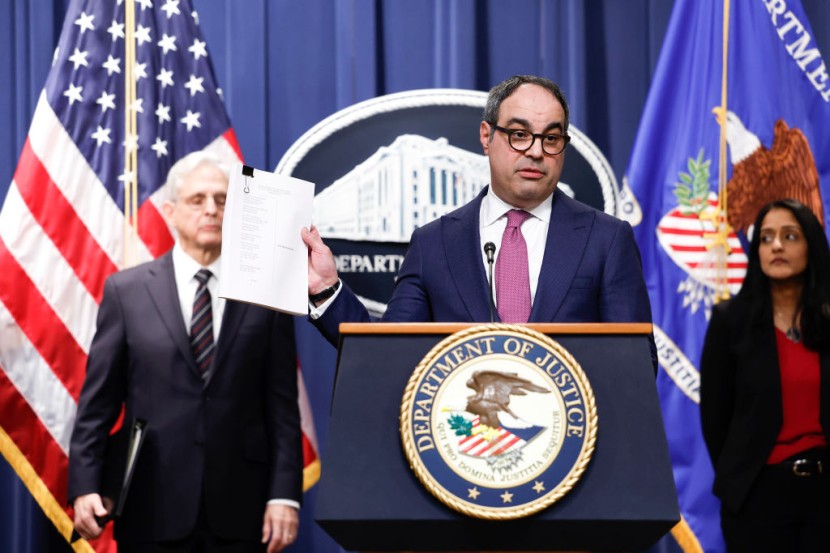
The Biden administration unveiled new, tougher proposed guidelines for how it will regulate monopoly power last Monday (July 17), with topic officials now pushing back against criticisms that the document is a political attempt to frighten companies from legal mergers and acquisitions.
The new guidelines came as the Federal Trade Commission (FTC) lost a legal case against Microsoft's acquisition of Activision Blizzard, the company behind the Call of Duty game series. The antitrust watchdog has since filed an appeal against the deal.
Assistant Attorney General Jonathan Kanter, who heads the Department of Justice's (DOJ) antitrust body, told CNBC Wednesday (July 19) the government was "not picking winners and losers" in response to the outcome of the case between Microsoft and the FTC.
"We've gone through painstaking detail to make sure this is not an ideological document...to make sure this is a legally rigorous document," he added.
Read Also: Activision Blizzard's Stock Market Value Soars After Court Ruling Favors Purchase of Game Firm
What Are the Guidelines For?
The joint DOJ-FTC guidelines seek to educate courts and companies as to how the antitrust enforcers will approach their attempts to block deals, though the public has 60 days to read and weigh in on them before they are formally adopted.
Under the proposed guidelines, enforcers will monitor closely companies that engage in a series of acquisitions from the same market rather than evaluating each deal as a potentially separate violation. Antitrust enforcers will also focus on the impact of deals on workers aside from the customers.
While the guidelines are not legally binding, they will inform how the current and future administrations decide which mergers to attempt to block.
The proposal was part of US President Joe Biden's economic reform agenda which underscored increased competition as a necessity for lowering prices and increasing wages. He is expected to meet with his Competition Council Wednesday afternoon to tackle the matter. The Competition Council includes FTC chair Lina Khan and Attorney General Merrick Garland.
Khan stressed the guidelines "contain critical updates" while ensuring fidelity to the Congress's mandate to the FTC, as well as the "legal precedent on the books," the New York Times reported. She added both the FTC and DOJ were "updating [its] enforcement manual to reflect the realities of how firms do business in the modern economy."
Related Article: Federal Trade Commission Files Appeal Against $69 Billion Microsoft-Activision Acquisition Deal








